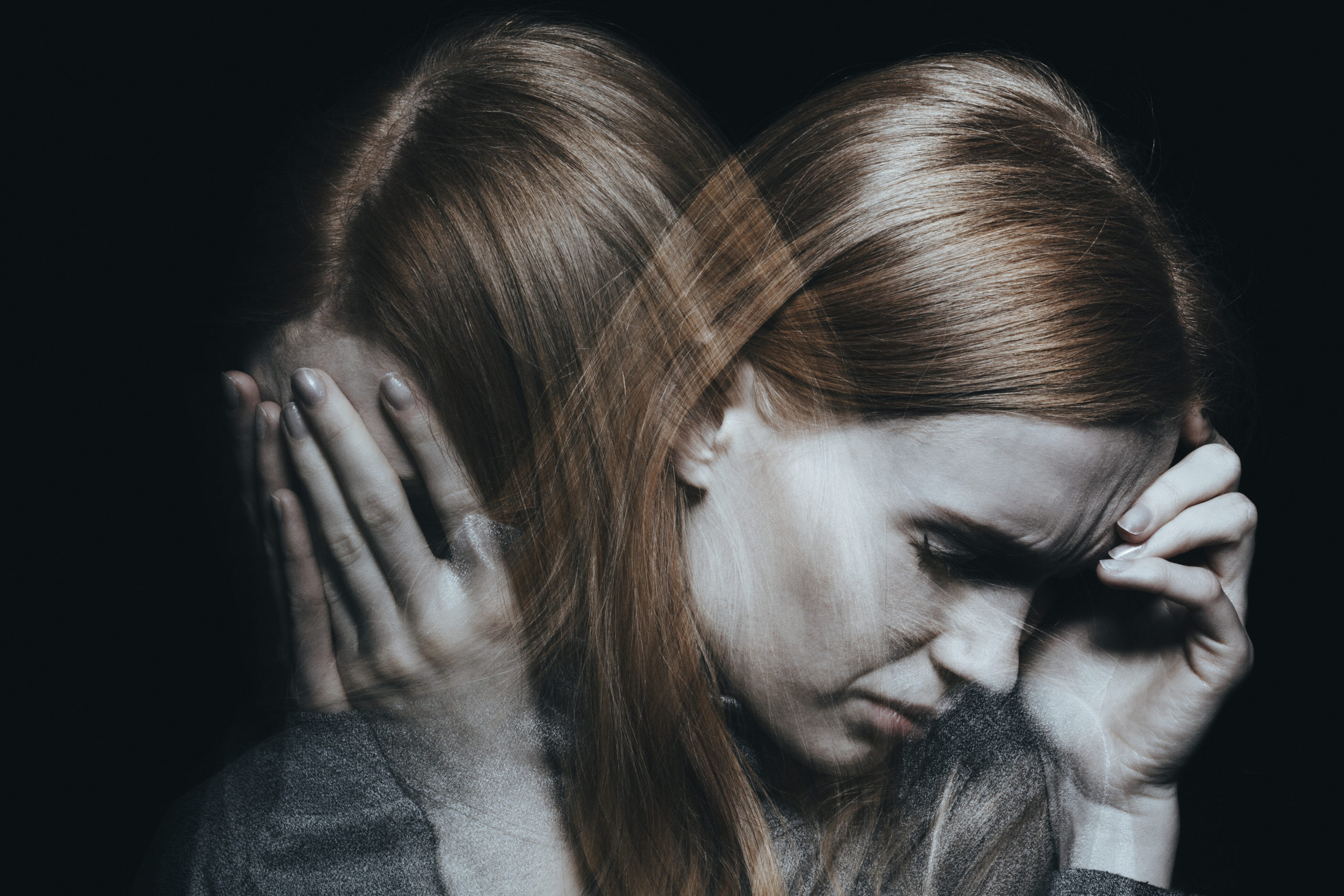Today, I find myself reflecting on a topic that has haunted me and many others who have experienced severe childhood trauma and subsequently developed PTSD – the inadvertent sabotage of relationships out of fear. It’s a painful truth that has affected my life in profound ways, and I believe it’s essential to share these thoughts and experiences.
**The Weight of Childhood Trauma**
The scars left by my childhood trauma are deep and enduring. They cast a shadow over my life, shaping my behaviors, thoughts, and interactions in ways that I feel like I understand and have control of until they find a new way to affect me. The fear and pain I experienced during those years still sometimes influence how I perceive and engage with the world around me.
**Fear of Vulnerability**
One of the most significant ways in which my past trauma affects my present relationships is through my fear of vulnerability. The idea of opening up and allowing someone to see the real me is terrifying. It feels like stepping onto a precarious precipice, a place where I might be exposed to harm once again. This fear compels me to build emotional walls, shielding myself from potential hurt. It’s a survival instinct, but it’s also a barrier that prevents me from forming deep connections. When I have formed deep connections, such as the relationship I am in now, I sometimes panic because I am so vulnerable to being harmed. Although, deep down, I know he would never hurt me, my inner child will occasionally rear its head and scream, “I’m not safe.” because that’s the only thing that girl ever knew.
**The Trust Dilemma**
Trust is the bedrock of any healthy relationship, yet it’s a commodity I sometimes struggle to offer. My past is riddled with betrayals and broken promises, making it exceedingly challenging to trust others. Even when my current partner has given me no reason to doubt their intentions, and has gone out of his way to ensure that I know I am loved, cherished, and safe, I find myself grappling with unwarranted doubt and suspicion. It’s a painful irony that the very people who may provide the love and support I need are met with my guardedness. I can generally breathe, regroup, and realize that what I am feeling in that moment has nothing, whatsoever, to do with him. I’d like to say that happens before I’ve caused damage, but that’s not always the case. He forgives me, but I struggle to forgive myself and to feel worthy of the love and support he gives me.
**The Weight of Hyperarousal**
More often than not, I can keep the thoughts and reactions from intruding on my life. However, when it’s bad, PTSD has leaves me in a state of hyperarousal. That means that I’m constantly on edge, anticipating threats that may never materialize. Triggers from my past can set off intense emotional reactions that feel out of proportion to the situation at hand. This heightened state of alertness often leads to conflicts and misunderstandings, further straining my relationships.
**A Dance of Avoidance**
To cope with the overwhelming emotions and memories tied to my trauma, I sometimes resort to avoidance. I withdraw emotionally, keep my husband-to-be at arm’s length, or sidestep conversations about my past. I hide behind anything I can find. While this may provide temporary respite, it chips away at the emotional intimacy that’s vital for a healthy relationship. This is something I still need to work on.
**Reenacting Past Patterns**
Perhaps one of the most perplexing aspects of this struggle is the tendency to reenact past dynamics unwittingly. It’s as if I’m drawn to situations that echo the traumas of my past, even though I consciously wish to break free from those patterns. It’s a sobering reminder that the past has a way of infiltrating the present, unless we actively work to heal.
In sharing these thoughts, I hope to shed light on the complex web of emotions and behaviors that individuals with PTSD from severe childhood trauma grapple with daily. We’re not intentionally sabotaging our relationships; our actions are often born of fear and pain. Healing is a journey that takes time, therapy, and self-compassion. And for those who love and support us, understanding and patience can make all the difference. Today, I am committed to working on healing and nurturing the relationships I cherish, one step at a time. I am extremely thankful for a life partner/future husband who has the level of strength and compassion that mine does. Because, I don’t always succeed, but I will never stop trying.

